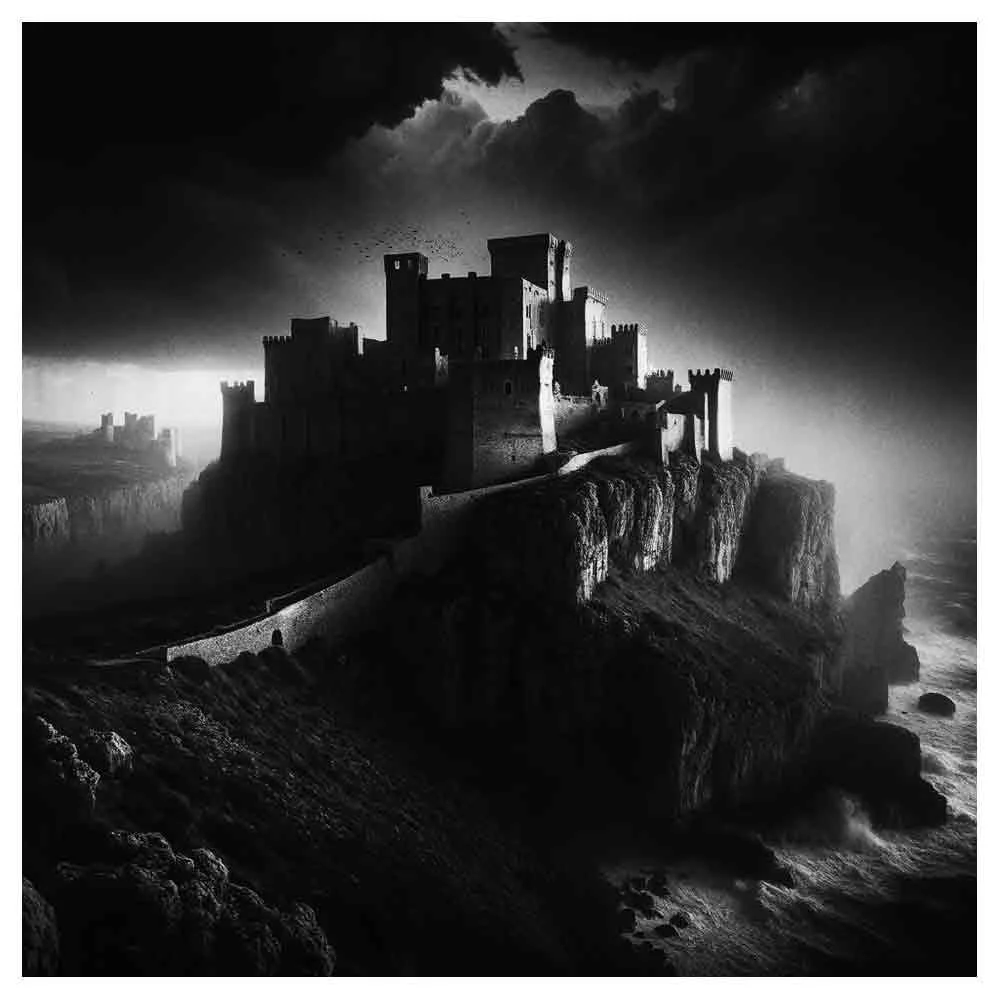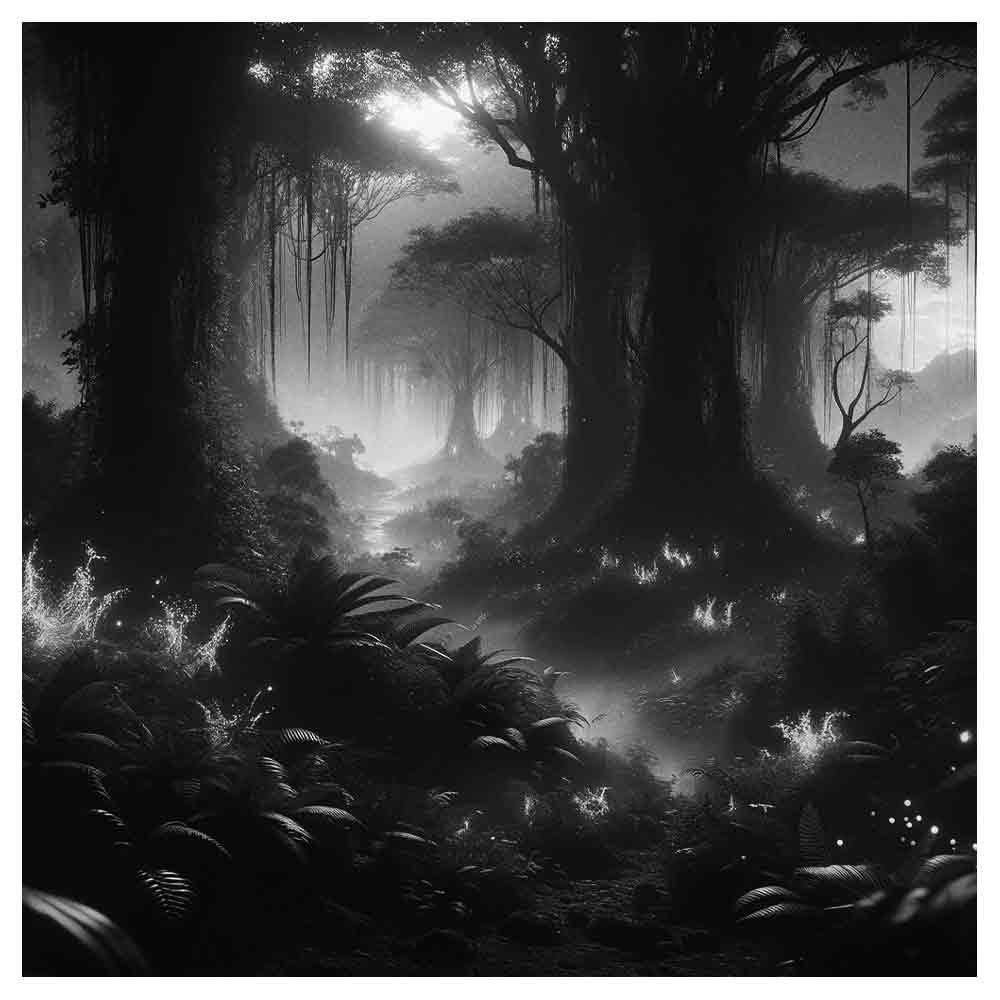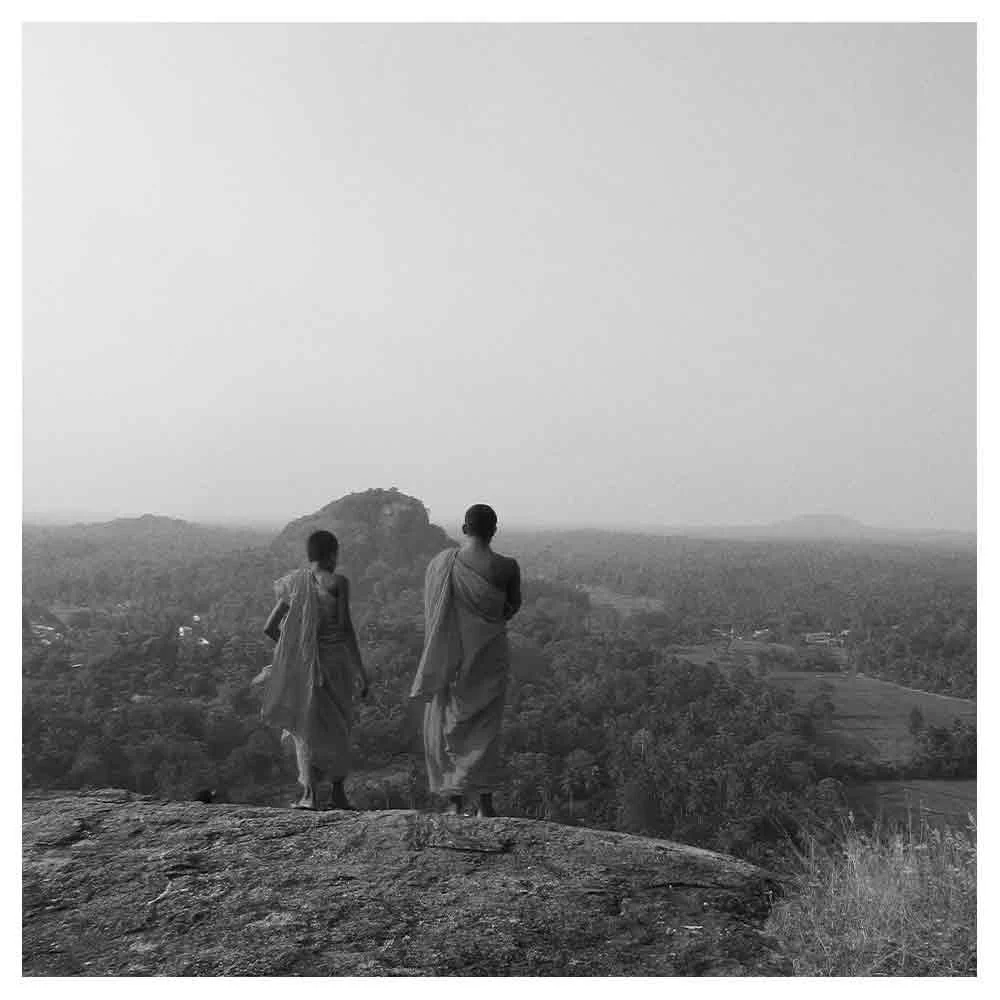44 Worldbuilding Prompts to Help You Build A Story World
Do you have a story idea but struggle to create a captivating and immersive world for your characters?
Crafting a fully realized and immersive world is an essential aspect of storytelling, whether you're writing a novel or a screenplay. However, creating a story world from scratch can be a daunting task.
In this blog post, I've compiled a list of worldbuilding prompts to help you in the creative process of developing a rich and complex world that will leave your audience wanting more.
Get your pen and paper ready, and let's embark on a journey to bring your story world to life.
A long list of Worldbuilding Prompts
Write a story, novel, screenplay, or narrative about one of the following:
1. A world where magic exists and is a commonly accepted part of everyday life.
2. A world where a single corporation controls social media and everyone's online activity is monitored.
3. A city where people's emotions are tied to the color of their skin.
4. A city where all forms of advertising are banned.
5. A world where the sky is constantly shrouded in a thick layer of fog.
6. A society where every citizen is implanted with a microchip that tracks their movements and personal data.
7. A world where the seasons are incredibly long, each lasting several years.
8. A society where people must undergo regular mental health screenings to identify and treat potential issues.
9. A city where renewable energy sources power all forms of transportation.
10. A town where everyone uses anabolic steroids.
11. A world where genetic modification is commonplace, and people can design their children's traits before they're born.
12. A world where everyone has a personal assistant AI that helps them with their daily tasks and decisions.
13. A world where humans can shapeshift into any form they desire.
14. A society where people's emotions are artificially controlled.
15. A world where humans have evolved to breathe underwater.
16. A world where virtual reality has replaced physical reality as the primary form of entertainment.
17. A world where the sun never sets, and there is perpetual daylight.
18. A society where everyone is assigned a predetermined career path based on their DNA.
19. A world where there is no concept of death.
20. A world where meteorites are constantly bombarding the planet, and humanity must constantly rebuild their society.
21. A society where all drugs, including recreational ones, are legal and regulated.
22. A world where all forms of conflict are resolved through virtual reality battles.
23. A world where people can transfer their consciousness into a new body when their current one is damaged or aging.
24. A world where people can upload their dreams to a shared database, allowing others to experience them as well.
25. A small town where people can communicate with animals and plants.
26. A world where there are massive underground civilizations that have never seen the light of day.
27. A world where humans have evolved to have wings and can fly.
28. A planet where the sun only shines once every 100 years, causing intense celebrations and cultural rituals.
29. A post-apocalyptic world where the only currency is clean water.
30. A population where children are raised in communal creches, and parental roles do not exist.
31. A community where individuals are only allowed to speak in rhyme.
32. A world where people's emotions can be bottled and sold.
33. A world where the only source of light is bioluminescent organisms that grow on the trees.
34. A world where humans have developed the ability to manipulate time.
35. A world where there is a massive, interconnected network of caves and tunnels that span the entire planet, with their own ecosystems and societies.
36. A world where the concept of gender doesn't exist and everyone is born with the ability to reproduce on their own.
37. A world where there are multiple moons, each with its own unique effects on the planet and its inhabitants.
38. A world where plastic surgery has evolved to a point where everyone is modified to fit a particular beauty standard.
39. A world where humans can enter and manipulate the subconscious minds of others, changing their thoughts and feelings.
40. A world where humans can enter and explore their own memories.
41. A world with massive, floating gardens that can be tended to and cultivated like farms.
42. A world where humans can communicate with ghosts and spirits.
43. A world where humans can enter and manipulate the dreams of others.
44. In a world where people's emotions are harvested and sold as drugs.
Conclusion
With this list of worldbuilding prompts, you have a treasure trove of inspiration at your fingertips to craft a world that's so rich in detail, culture, and history that it'll leave your readers or viewers wanting more.
Your world will evolve and grow as your story progresses, and it's up to you to keep it consistent and believable.
The best part about worldbuilding is that there are no limits to what you can create. You're free to experiment, let your imagination run wild, and create a world that's entirely your own creation.
So, let your mind wander, and allow the power of the worldbuilding prompts to guide you on your journey to creating an immersive world.
The more details you will be able to include, the more your audience will be invested in your story.
Frequently Asked Questions About Worldbuilding Prompts (FAQs)
What are worldbuilding prompts?
Worldbuilding prompts are prompts or ideas that can help writers develop the setting, culture, history, and geography of their fictional worlds.
They can be used as a starting point for building new worlds, expanding the setting, and deepening existing ones.
Why should I use worldbuilding prompts?
Worldbuilding prompts can help you start writing, overcome writer's block, spark creativity, and challenge you to write and think outside the box.
They can also help you develop a rich and immersive fictional world that feels believable and engaging to readers.
Can worldbuilding prompts be adapted for different genres?
Yes, worldbuilding prompts can be adapted for different genres by adding science fiction, fantasy, or historical fiction elements.
For example, a worldbuilding prompt about the geography and population of a fictional world could be adapted into a science fiction story set on a distant planet.
Can worldbuilding prompts be used for any length of writing?
Yes, worldbuilding prompts can be used for any writing length, from short stories to novellas to full-length novels.
The prompt can be expanded or condensed depending on the size and nature of the project.
Can I use multiple worldbuilding prompts in one story?
Yes, multiple worldbuilding prompts can be used in one story to create a complex and multi-layered fictional world.
However, in practice, it is essential to make sure that the different prompts work together and stay within the overall coherence of the world.
Can worldbuilding prompts be used for collaborative writing projects?
Worldbuilding prompts can be used for different types of collaborative writing projects like co-writing or writing challenges.
The prompt can be used as a starting point for both writers to develop a shared world or to inspire individual stories that are then shared and compared.
How do I use a worldbuilding prompt?
To use a worldbuilding prompt, start by reading the prompt and thinking about how you can expand upon that aspect, adding depth and complexity to your world.
Then, brainstorm the different scenarios, characters, and conflicts that would fit within the world you've created.
How critical is worldbuilding in writing?
Worldbuilding is essential to writing, particularly in science fiction and fantasy genres. A rich and immersive fictional world can transport readers to new and exciting places, allowing them to fully immerse themselves in the story and connect with the characters and their struggles.
How can I make my worldbuilding more realistic?
Consider geography, history, culture, and language to make your worldbuilding more realistic. Think about how these factors would interact and influence each other to shape the world you're creating.
Additionally, research real-world examples of similar cultures, regions, or societies and draw inspiration from them.
Finally, consider how your characters interact with the world and how their experiences shape their perspectives and beliefs.
How much worldbuilding is too much?
The amount of worldbuilding needed for a story depends on the genre, length, and scope. The key is to find a balance that works for the story being told, adding enough detail to create a rich and immersive world without overwhelming your audience with unnecessary information.
How can worldbuilding prompts help in creating unique architectural styles and social classes in a fictional world?
Worldbuilding prompts can inspire the creation of distinct architectural styles by encouraging writers to consider how natural resources, climate, and technology affect building designs in their world.
Prompts can also explore social classes, prompting writers to think about how power, wealth, and occupation shape societal structure and daily life, creating a deeply immersive world for readers.
What role do natural resources play in shaping the economy and technology of a fictional world?
Natural resources are foundational to developing the economy and technology of a fictional world.
Prompts can lead writers to consider how the availability of resources like metals, woods, and energy sources influence the technological advancements, economic systems, and power dynamics within the world, affecting everything from food production to warfare technology.
How can worldbuilding prompts integrate the concept of magic and science in a sci-fi or fantasy world?
Prompts can challenge writers to meld scientific and magical elements, creating a world where both have tangible effects on daily life, governance, and technology.
For instance, a prompt might explore how a society harnesses magic for energy or how scientific principles apply to magical phenomena, blending realism with fantasy to enrich the narrative.
Can worldbuilding prompts facilitate the development of complex belief systems and religions across different cultures?
Yes, prompts can guide writers to craft intricate belief systems and religions that reflect the diverse cultures of their world.
By considering the interactions between different races, the historical events, and the natural phenomena of the world, writers can create rich, varied religious practices that influence conflicts, alliances, and characters’ motivations.
How do worldbuilding prompts help in depicting the struggles for resources and power within major cities and different classes?
These prompts can encourage writers to think about the distribution of resources and the resultant social and political struggles.
By focusing on major cities as centers of trade, governance, and conflict, writers can depict how disparities in resource allocation foster tensions between different classes, potentially driving major events and character development.
In what ways can worldbuilding prompts assist in creating detailed descriptions of daily life in a post-apocalyptic world?
Prompts can help writers envision the daily realities of life in a post-apocalyptic world, from scavenging for food to the reformation of societal norms.
This involves considering how previous societal collapses affect current social structures, resource availability, and individual survival strategies, thereby providing a vivid, grounded depiction of life after an apocalypse.
How can writers use worldbuilding prompts to explore ethical concerns and societal limitations in a world where characters can manipulate time or breathe underwater?
Prompts that allow characters to manipulate time or have underwater breathing can lead to ethical dilemmas and societal constraints, such as laws regulating the use of such powers or the cultural ramifications of time manipulation.
Writers can use these scenarios to delve into the moral and societal impacts of extraordinary abilities, enriching the narrative with complex challenges and character growth.
What strategies can be employed using worldbuilding prompts to develop an interconnected universe featuring multiple planets and races?
Worldbuilding prompts can guide writers to create a comprehensive universe where multiple planets and races are interconnected through politics, trade, and technology.
Prompts might focus on the relations between different races, the technology enabling interplanetary travel, and the cultural exchanges or conflicts that arise, crafting a richly woven tapestry of interconnected stories and settings.
How can worldbuilding prompts be used to address the creation and impact of ancient artifacts on current events and power structures?
Prompts can inspire writers to invent ancient artifacts whose histories and powers impact contemporary political, social, and magical landscapes.
By exploring their origins, uses, and whereabouts, writers can weave these artifacts into the central narrative, driving major events and character quests while highlighting their influence on current power structures and conflicts.
How can worldbuilding prompts facilitate the exploration of different types of magic systems and their effects on culture and warfare?
Through worldbuilding prompts, writers can explore various magic systems and their implications on society and conflict.
These prompts can encourage considerations of how magic is regulated, its role in warfare, its accessibility among social classes, and its integration with technology, providing a nuanced view of how magic shapes the cultural and physical landscapes of the fictional world.






























